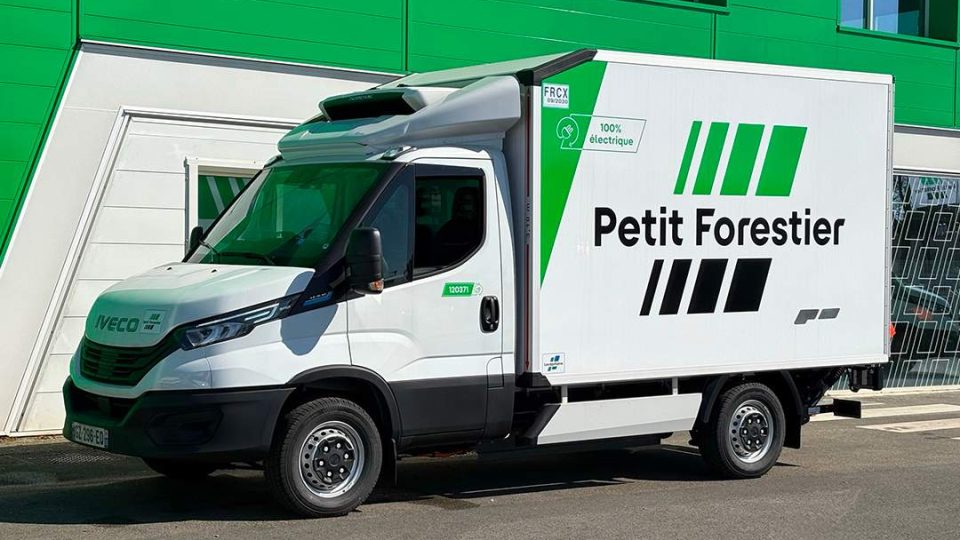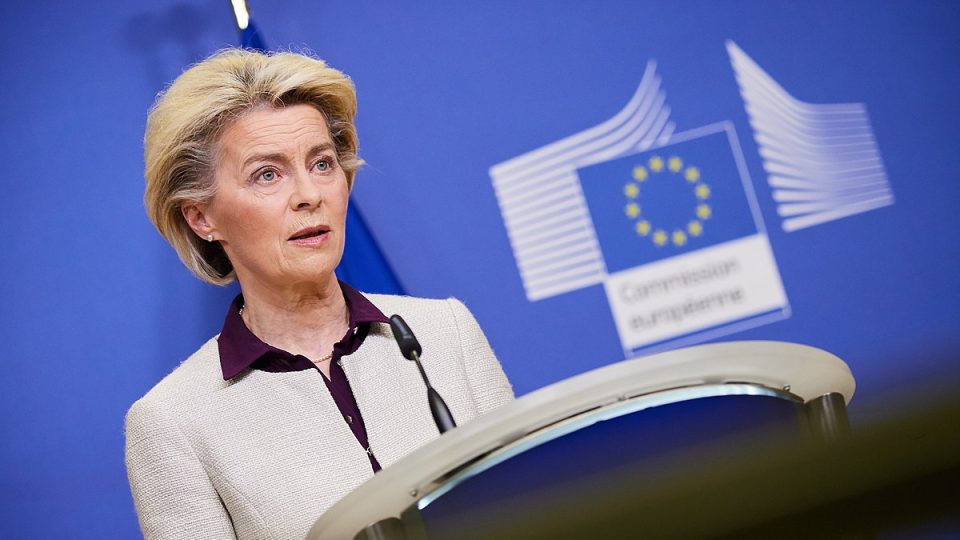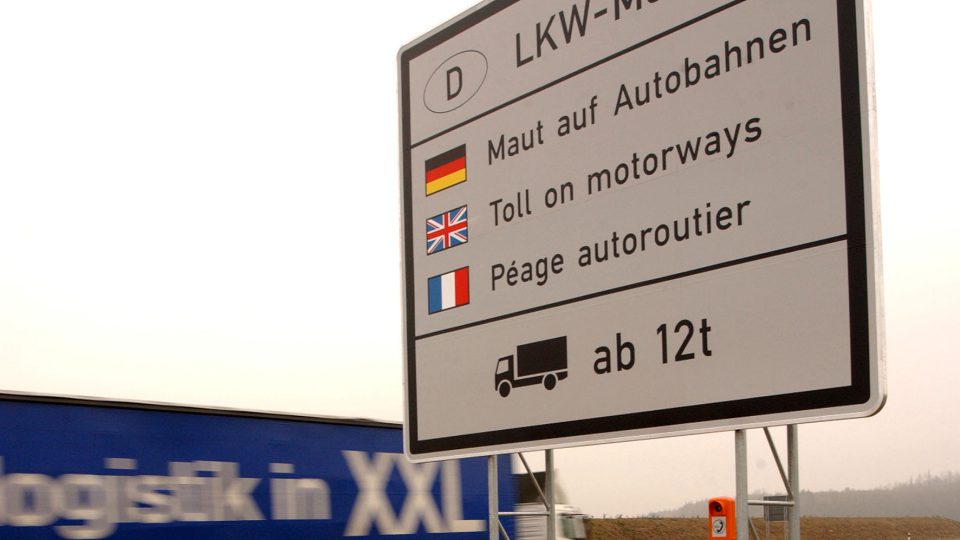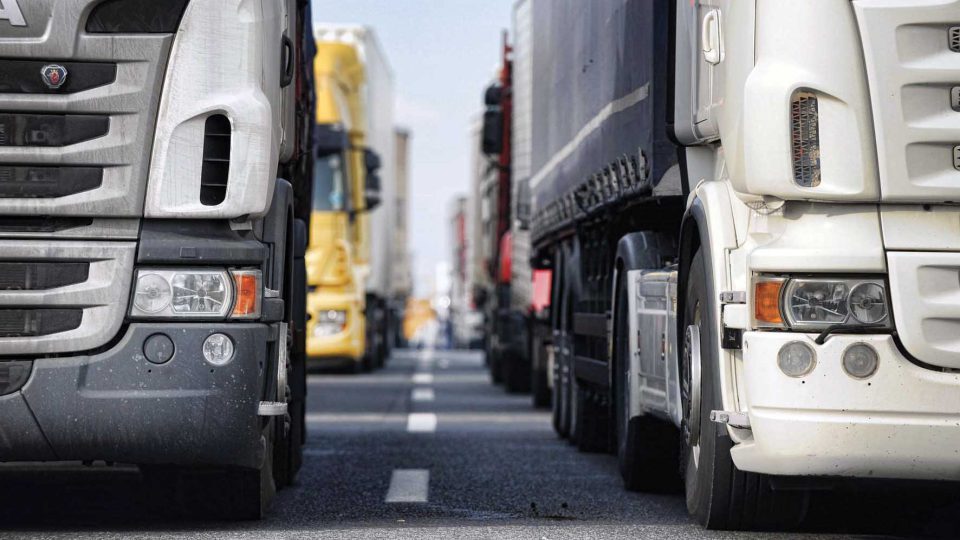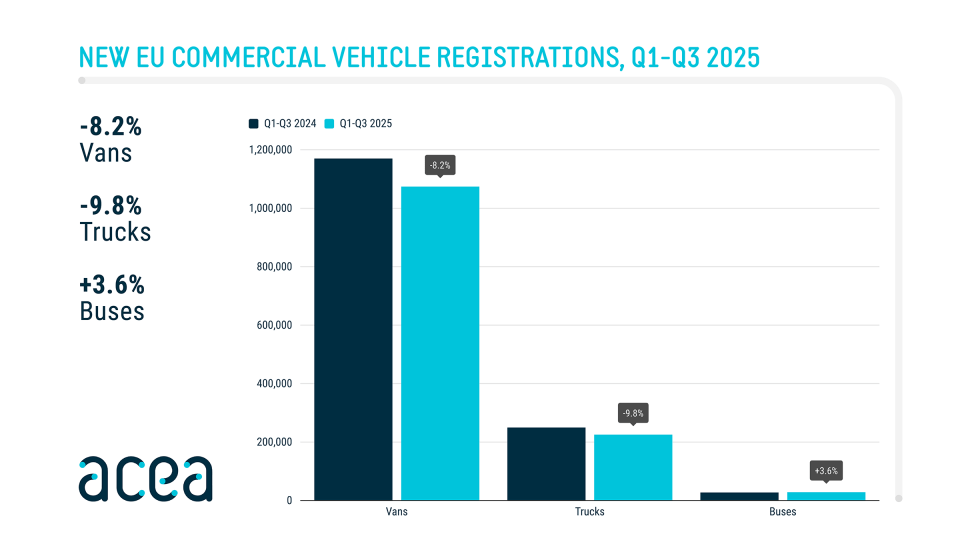Energy transition, the IRU and other industry groups warn EU institutions on risks to supply chains in trucking
Without neglecting the need for promoting energy transition in the trucking sector at all, the IRU, alongside the European Shippers’ Council, and FuelsEurope – the latter representing energy suppliers – sent a joint letter to EU Executive Vice President Frans Timmermans.
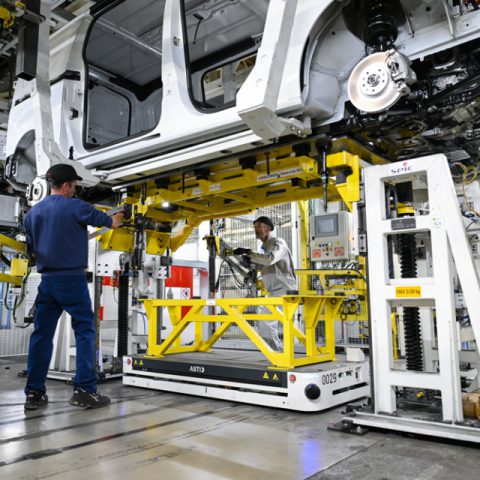
Without neglecting the need for promoting energy transition in the trucking sector at all, the IRU, alongside the European Shippers’ Council, and FuelsEurope – the latter representing energy suppliers – sent a joint letter to EU Executive Vice President Frans Timmermans. The institutions have called for carbon-neutral fuels to be recognised as a long-term decarbonisation solution, alongside electrification and hydrogen, for a well-functioning and stable EU logistics sector.
IRU: energy transition deal with both vehicles and infrastructure
For a well-functioning and stable EU logistics sector, road transport operators and shippers must be able to decide which technology is best suited for different kinds of operations to achieve our common goal: carbon neutrality by 2050. However, attaining this target depends on the technology options allowed by the upcoming legislation, which impacts both vehicles and infrastructure.
“The vital logistics chains that supply EU citizens with food, medicine and other essentials should not be subject to an uncertain leap into the dark which could jeopardise their stability”, said IRU EU Advocacy Director, Raluca Marian (who participated in the Sustainable Truck of the Year 2023 awarding ceremony). “A CO2 standard proposal for Europe’s logistics sector should push for all options to achieve carbon neutrality. A complete move away from combustion, notwithstanding that this too can achieve the same objective, depending on what is burnt, can only be described as an unnecessary and risky experiment”, she added.




